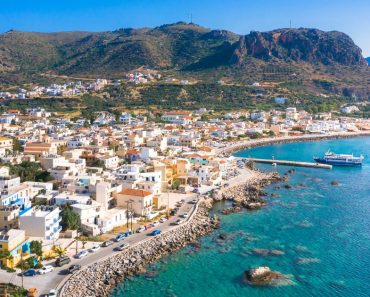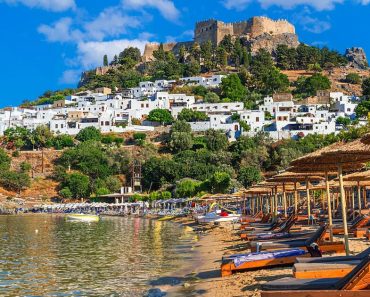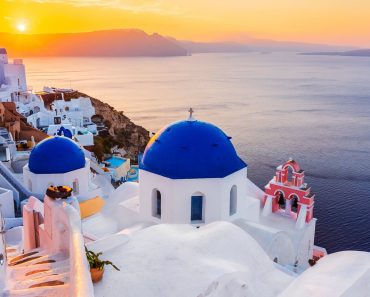ATHENS – Attention now turns to Cairo concerning the issue that has arisen with the Holy Monastery of Saint Catherine at Mount Sinai. On Monday (June 2), a Greek delegation will travel to the Egyptian capital aiming to find an institutional solution to secure the rights of the monks, while matters related to property ownership will also be on the table.
Greek Prime Minister Kyriakos Mitsotakis and Egyptian President Abdel Fattah el-Sisi have agreed on maintaining the unique religious status of Saint Catherine’s Monastery at Sinai.
According to ERT, on Monday a team of technocrats from the Ministries of Education, Culture, and Foreign Affairs — the same individuals who handled previous negotiations with the Egyptians — will travel to Egypt to continue discussions based on the agreement that had been reached.
Depending on how the talks progress, it will be determined whether Foreign Minister Giorgos Gerapetritis will also need to travel there, as confirmation of any understanding at a higher political level may be necessary.
However, the negotiation is not easy. Although an arrangement had been reached, it was never signed due to repeated delays from the Egyptian side. In the meantime, a court ruling was issued, essentially declaring the Monastery’s premises — buildings and lands — as property of the Egyptian state, to be managed by the Antiquities Authority. Nevertheless, the ruling recognizes the monks’ full right to use the premises to fulfill their religious duties, with President Sisi personally guaranteeing the preservation of the Monastery’s religious character.
This arrangement is the basis on which the Greek side will travel to Cairo, in order to examine whether adjustments can be made, especially in light of the new court ruling now cited by the Egyptian side — though without overturning the spirit of the agreement.
The goal is to avoid any alteration to the sacred, historical, and pilgrimage nature of the site.
There is, of course, an issue, since the property ownership does not only concern distant lands now under Egyptian state ownership, but also the very heart of the Monastery — within its walls and the surrounding area — which is directly tied to its operation and to the survival of the monks and the Monastery itself.
All efforts are being made with the aim of safeguarding the Monastery, while also protecting Greek-Egyptian relations, which are of critical importance for both Cairo and Athens.






